Change brings challenges for people with autism
Individuals with autism may become overwhelmed by rapidly changing circumstances, particularly if they need to use social cues to navigate those changes.
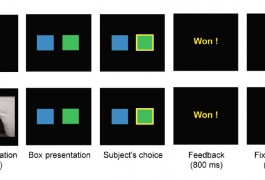
Individuals with autism may become overwhelmed by rapidly changing circumstances, particularly if they need to use social cues to navigate those changes.
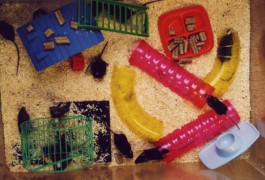
Rats exposed in utero to the epilepsy drug valproic acid, a risk factor for autism, do not develop autism-like behaviors if they are reared in a stimulating environment. Researchers presented the unpublished findings yesterday at the 2014 Society for Neuroscience annual meeting in Washington, D.C.
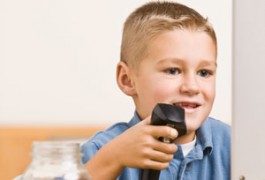
Children with autism tend to rely more on their bodies when learning new motor skills, while controls rely more on their eyes, suggests unpublished research presented Wednesday at the 2014 Society for Neuroscience annual meeting in Washington, D.C.
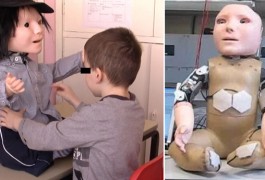
Robots that help children with autism become more socially engaged may also increase understanding of sensory processing in the disorder, suggests unpublished research presented today at the 2014 Society for Neuroscience annual meeting in Washington, D.C.
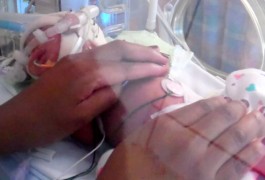
Soft touch and physical closeness to other people wire the social brain right from the earliest days after birth, and problems in the response to touch may play a fundamental role in autism. This picture emerges from unpublished results presented by several teams at the 2014 Society for Neuroscience annual meeting in Washington, D.C.

A touch-screen game based on popular cartoon characters may one day allow scientists to tailor treatments for children with autism, suggest unpublished results presented today at the 2014 Society for Neuroscience annual meeting in Washington, D.C.

People with autism tend to be less efficient than controls at integrating what they hear with what they see, according to unpublished results presented today at the 2014 Society for Neuroscience annual meeting in Washington, D.C.
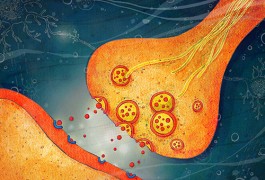
Lowering the levels of a certain ion channel reverses autism-like behaviors in a mouse model of fragile X syndrome, according to unpublished results presented yesterday at the 2014 Society for Neuroscience annual meeting in Washington, D.C.
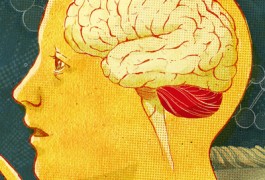
People with autism have trouble moving in response to something they see, a process tuned by the cerebellum. Researchers presented the unpublished study today at the 2014 Society for Neuroscience annual meeting in Washington, D.C. Another study presented today links defects in a section of the cerebellum to language problems in autism, underscoring the region’s importance in the disorder.

Children with autism are more likely to have trouble catching a ball than their unaffected peers or those with attention deficit hyperactivity disorder.